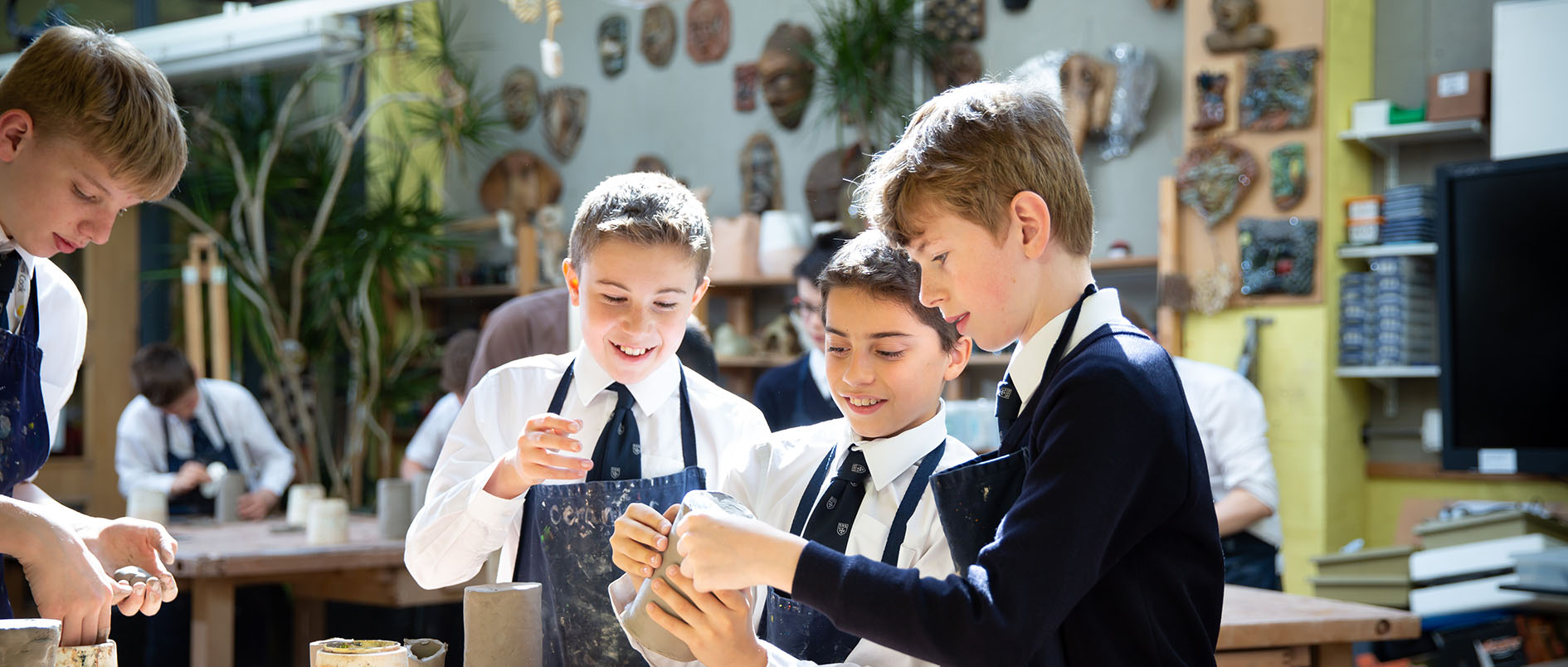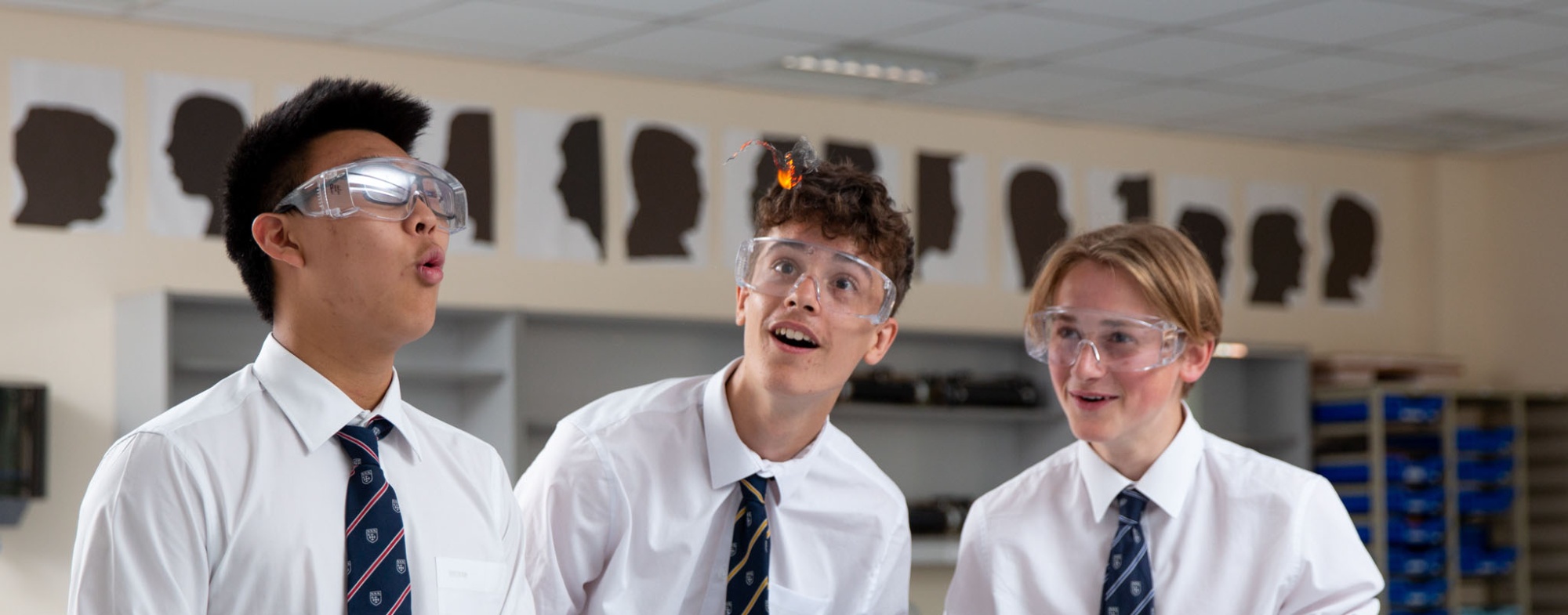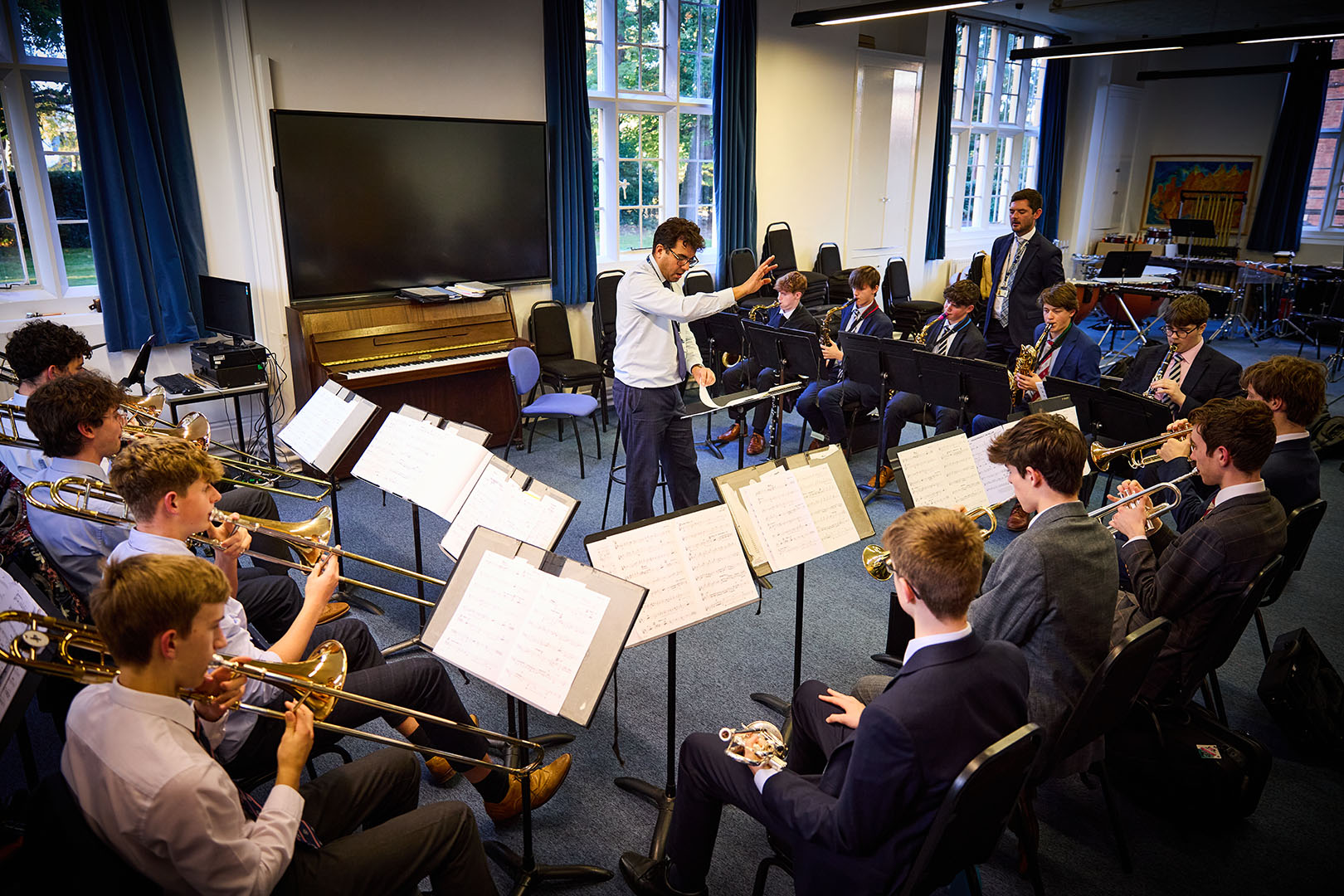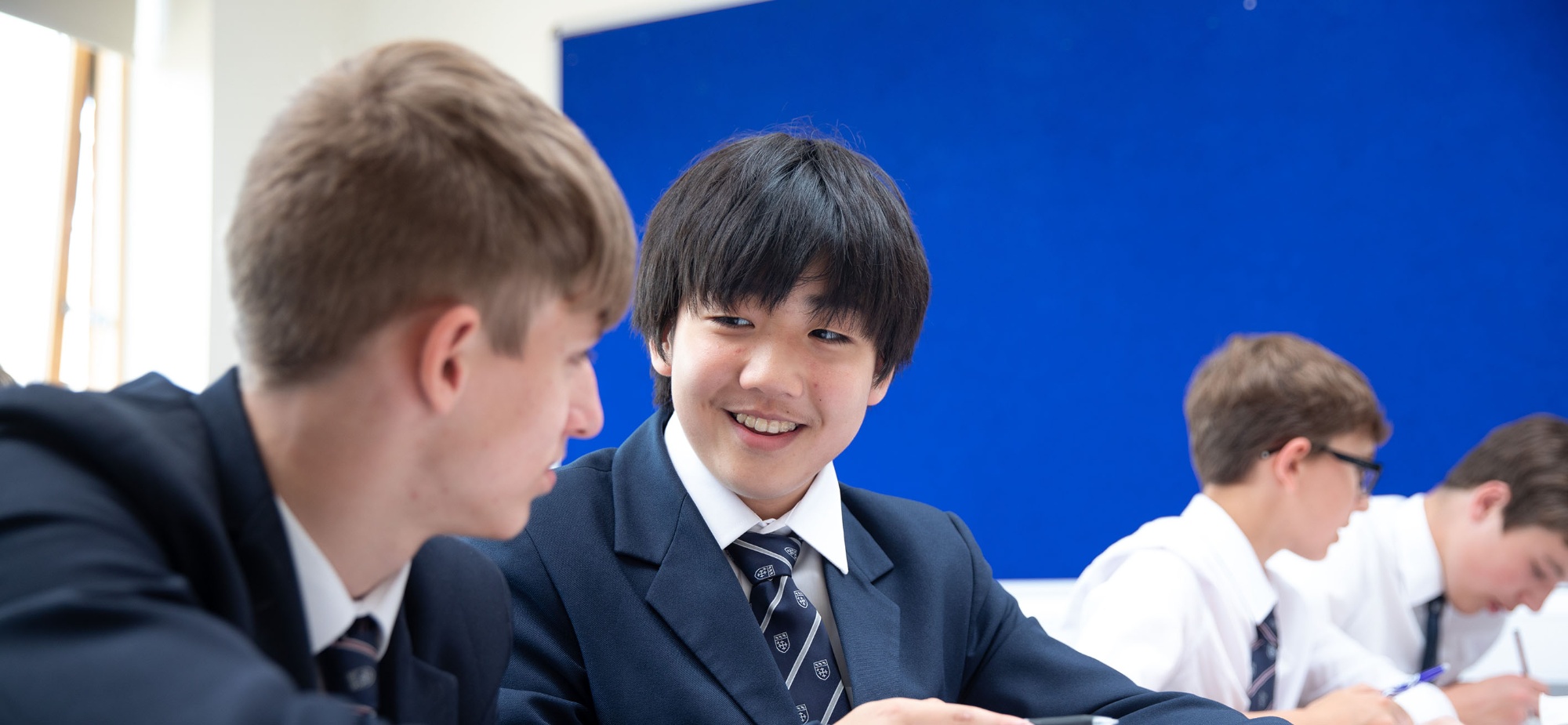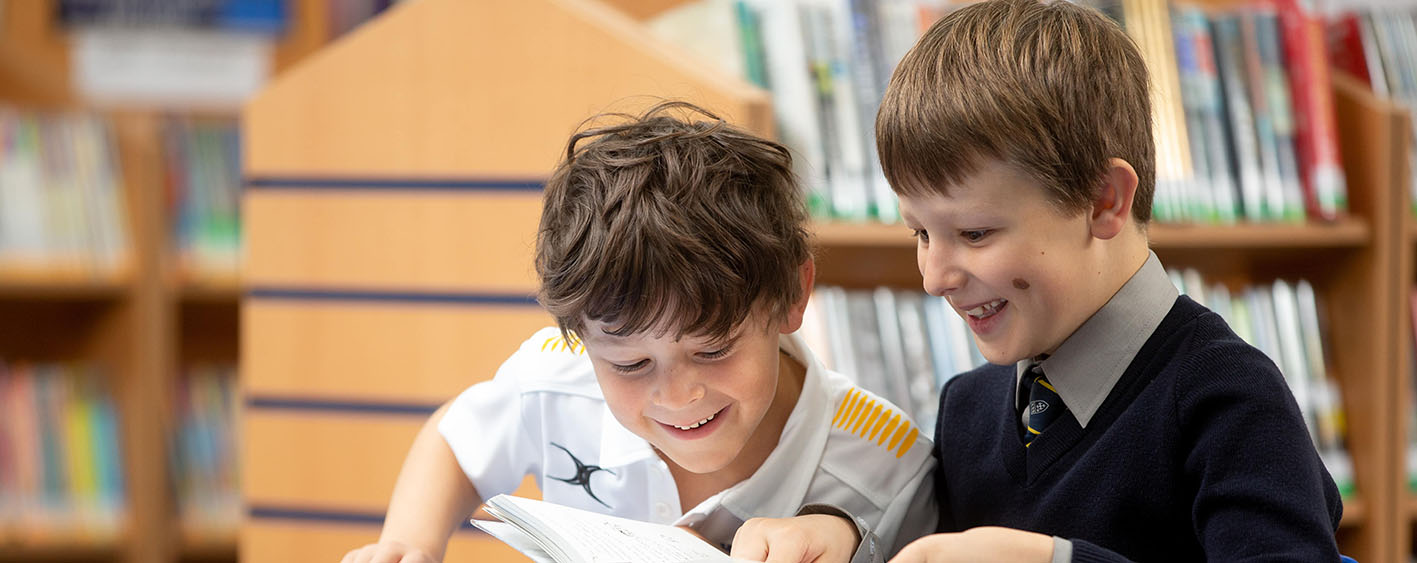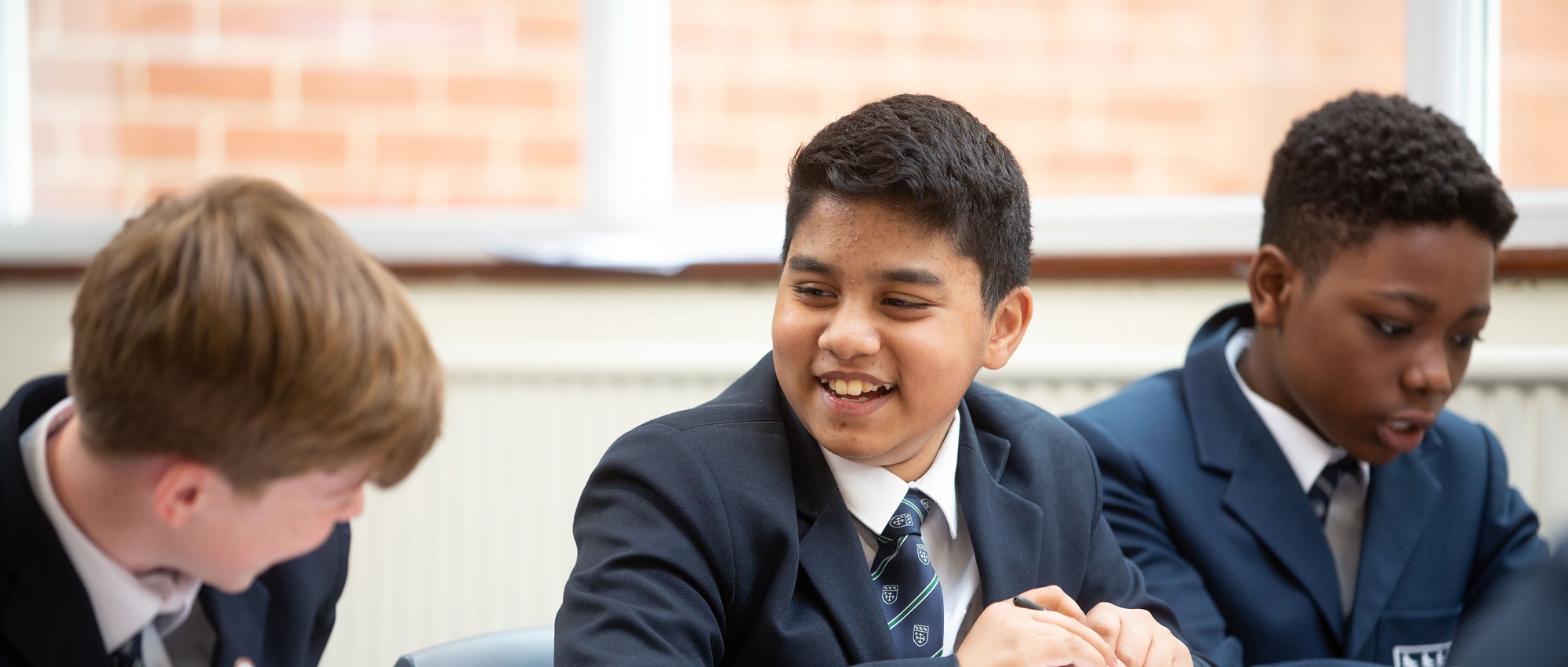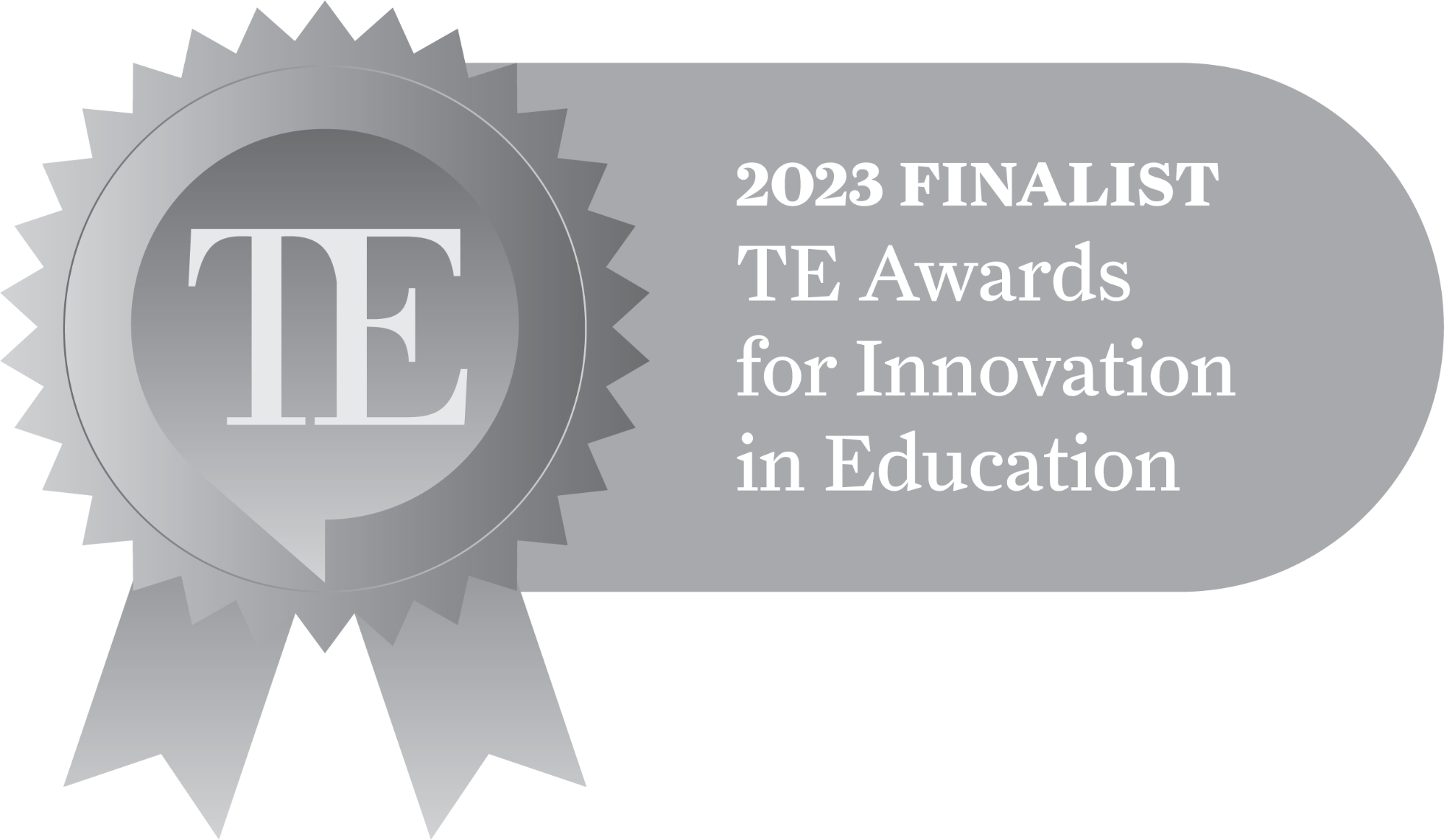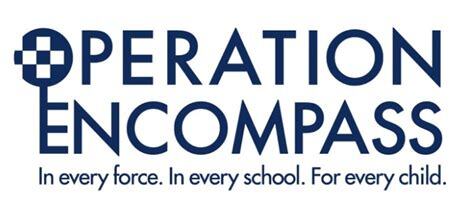Giving Up Plastic
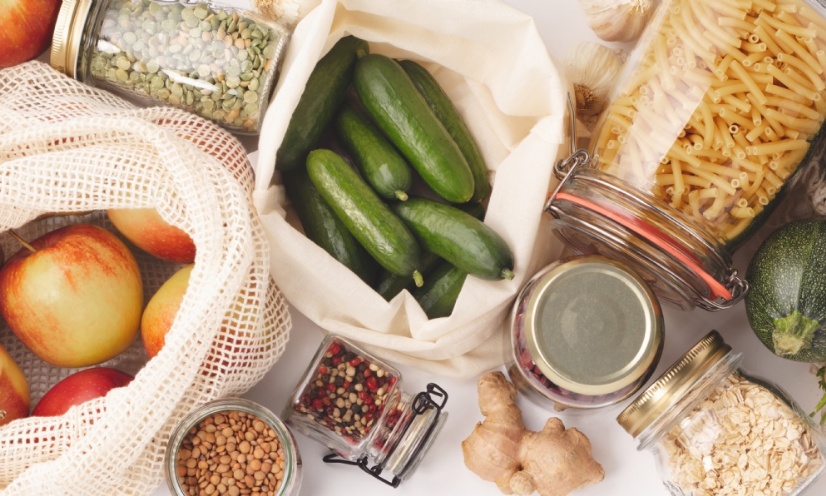
This week we are starting the Christian festival of Lent, a period of 40 days during which Christians remember the events leading up to and including the death and resurrection of Jesus Christ, whose life and teachings are the foundation of Christianity. Millions of people give something up during Lent as a way to focus on Jesus and remember this important part of his life.
In our family we also recently gave something up. At the end of Christmas Day this year we were tidying up all the debris after opening presents – all the plastic packaging, all the plastic glittery tags, all the plastic-coated wrapping paper, all the cellophane. By the end of it, we had completely filled the black bin, and completely filled the recycling bin. In fact, we had so much plastic that we could have more than filled two recycling bins! My eldest daughter, who is really environmentally-minded, said ‘I’m sick of all this plastic that we are using. We watched a video at school that showed that lots of plastic doesn’t even get recycled but gets shipped to other countries.’ My second daughter then added ‘Or it ends up in rivers and oceans and birds and animals eat it and die.’ Then my six-year-old son said, ‘I don’t like plastic, let’s stop using it’. And my wife and I said ‘Ok, let’s have a go! Let’s do a month with no single-use plastic!’.
A week of panic ensued as we tried to think through how on earth we could actually do this! How could we get breakfasts, lunches, dinners, snacks, drinks, toiletries, toilet roll, cleaning products, and so on with no plastic? Was this even doable? We frantically googled where we could get plastic-free alternatives and called friends who we knew who had done this already. I spoke to a few very helpful teachers in school, in particular: Mrs Brown, Madame Thomas and Mrs Irani. By 1 January we had a plan in place.
The first thing we did was to switch to ‘Who Gives a Crap’ toilet paper. We were running out and knew that in the supermarket all the toilet paper comes in cellophane wrapping, so we ordered a box of 48 rolls of recycled loo roll for £36.
The second immediate issue was milk. We drink a lot of milk in our family, and 6-pint plastic milk bottles are one of our biggest sources of plastic. We were going to start using a milkman through the company Milk-and-More, but then we found an even better solution. Farmer Ted’s Shed at Obelisk Farm just outside Hockley Heath has a vending machine where you can fill your bottles with milk at £2.50 for two litres.
Juice was an issue, as we couldn’t buy Tetrapack cartons with plastic spouts from the supermarket. Initially we switched to drinking squash from glass bottles, but then we found we could take our own bottle and fill it at Coop with freshly squeezed orange juice. It was pricey though, coming in at £4 for a litre, compared to £1.50 for juice in Sainsbury’s.
Cereal proved tricky, as most of it comes in plastic bags inside cardboard boxes. We ended up buying lots of Weetabix, which comes wrapped in paper, and using porridge oats, which don’t come in plastic either.
Vegetables and fruit were relatively easy to solve. We found that we could buy a surprisingly large amount of these loose on the fruit and veg isle, leaving us wondering why we’d bought them pre-packaged for so long! We had to give up smaller fruit though, such as raisins, until we found we could get them in Greenbean eco-shop on Smith Street in Warwick. They were pricy though compared to buying them in plastic in the supermarket.
Bread was another big issue, particularly for weekends. We found that even freshly baked bread at supermarkets comes in paper wrapping with a plastic window in it. We came up with two solutions – first to get to Warwick Market on Saturday mornings and buy bread (£3 a large loaf), or from Greenbean on Smith Street, though we found that the bread went stale after a couple of days. Then we worked out how to bake our own bread, something that we thought would be tricky but was actually quite fun! This worked out at about 90p a loaf, cheaper than buying any loaf in the supermarket.
Meat and cheese were tricky initially, as virtually all meat and cheese in supermarkets comes in plastic packaging and covered in cellophane. Our solution was two-fold – first we cut the amount of meat that we ate, we certainly ate more vegetarian meals than usual in January. Second, we found our local butcher, who we had barely used before. The meat was pricier (£1 per sausage from Rowley’s in Warwick for instance, or £12 for a large cut of pork compared to £4 in Sainsbury’s) but really, really delicious. The cheesemonger in Warwick Market sorted us out for cheddar.
Snacks were perhaps the biggest issue we found around food. We found it extremely difficult to buy snacks that weren’t wrapped in plastic (crisps, biscuits, cakes, etc) and also found that if we bought them from a bakery they were expensive and went off quite quickly. We found the answer was to plan ahead and bake for the week on Sundays. We baked flapjack which seems to last through the week in large quantities!
Toiletries were a problem that we struggled to solve. Toothpaste, deodorant, shampoo, shower gel, etc all come in plastic bottles or cans. Switching to soap from shower gel was easy, as was switching to solid deodorant in a cardboard tube. Toothpaste, shampoo and conditioner were trickier however. We trialled alternatives from Zero eco-shop in Leamington but didn’t find they were much good!
But cleaning items were a doddle to replace. While we were already using Ecover for our cleaning products, their dishwasher tablets still come wrapped in plastic. Mrs Irani recommended the mail-order company Smol, and we found their products awesome! We now have dishwasher tablets and washing machine pods that come in the post. Washing up liquid etc we were able to get from Greenbean, where you bring your own container. Though, we found it’s not as good as our usual products.
So, what came out of this month without plastic?
Well, first and foremost we massively cut the amount of plastic waste that we produced. Our recycling bin basically only had paper and cardboard in it by the start of February, which was really satisfying! In our own small way, we were proud that we had been able to do our bit for the environment. It also highlighted how prevalent plastic is! And also, where some companies are really making a difference- Smarties for example make LOTS of paper packaged chocolates, from smarties to buttons.
Secondly, it became an opportunity to get creative; we had to find solutions to areas in our life where plastic pops up such as:
- What do we buy my son’s friend for his birthday present AND how would we wrap it??
- Now we can’t have fusilli pasta easily, what will we eat? – well, it turns out lasagne sheets are always in plastic-free cardboard boxes!
- We learnt that all the ingredients for cakes are all in paper - we ate lots of cake!
- That cheese is rarely in paper, but if you buy parmesan from a cheese monger you don’t use much to get a lot of cheesy flavour.
- Reusable water bottles and coffee cups are essential to avoid buying plastic when out and about.
Thirdly, we really enjoyed coming together as a family to take on the challenge. At the dinner table each evening, we all shared stories of the irritating things we’d had to miss out on in order to not use plastic (for my kids, days when ice-cream was on the menu were a real challenge as the pots have plastic lids, for me it was chocolate cookies in cellophane wrappers served with school lunch!).
Fourthly, I think it gave us a real appreciation of the food we consume. By effectively being forced to buy local, fresh produce in order to consume things that didn’t come wrapped in plastic, we met farmers, bakers, cheesemongers and so on who are directly involved in the production of our food. We got a better understanding of where our food comes from, what it takes to produce it, and therefore what it actually should cost. There’s no doubt that our food bills went up in the month, but it felt reasonable to spend £12 on a joint of pork once we knew the back story to the meat ending up on our plates.
Finally, I think we all got a real sense of gratification as we were forced to plan ahead and move away from an instant culture. We live in a world where you can get everything incredibly easily, including ordering cooked food with a few clicks on an app. But by cutting out plastic, we had to plan where we would source our food from, and in some cases bake and prepare it several days in advance. I think my wife and I felt quite a sense of achievement that we were able to cope as we got to the end of the week, and I know our children were really proud of the cakes, biscuits, flapjack, granola bars, etc that they baked.
I think a lot of the best things in life, the things that are truly worth it, are like that. Being kind to others doesn’t always give an immediate reward. Being an upstander and standing up for people who are being bullied or harassed often comes with problems at the start and only then reward later (if at all). Even working for qualifications, or practising for a music exam, or rehearsing for a play, or even having a religious belief, requires you to graft and sacrifice at the start with the rewards coming further down the line.
Will we stay plastic-free? Not entirely! Things like toothpaste and shampoo are currently so much superior from established producers that I don’t think we will switch. Likewise, crisps and chocolate digestive biscuits, despite the plastic packaging, are too delicious not to have every once in a while! But we established some habits, such as baking and cooking dishes for the week on Sundays, that (so far at least) we’ve kept going. And we love seeing the cows that we get our milk from at Obelisk Farm, so we definitely won’t be going back to supermarket milk.
It’s been quite an eye-opening experience, in ways we hadn’t expected. So, if you are environmentally-minded, and up for a challenge, why don’t you take on the challenge of six weeks during lent without single-use plastic?
Mr Thomson | Deputy Head Pastoral



